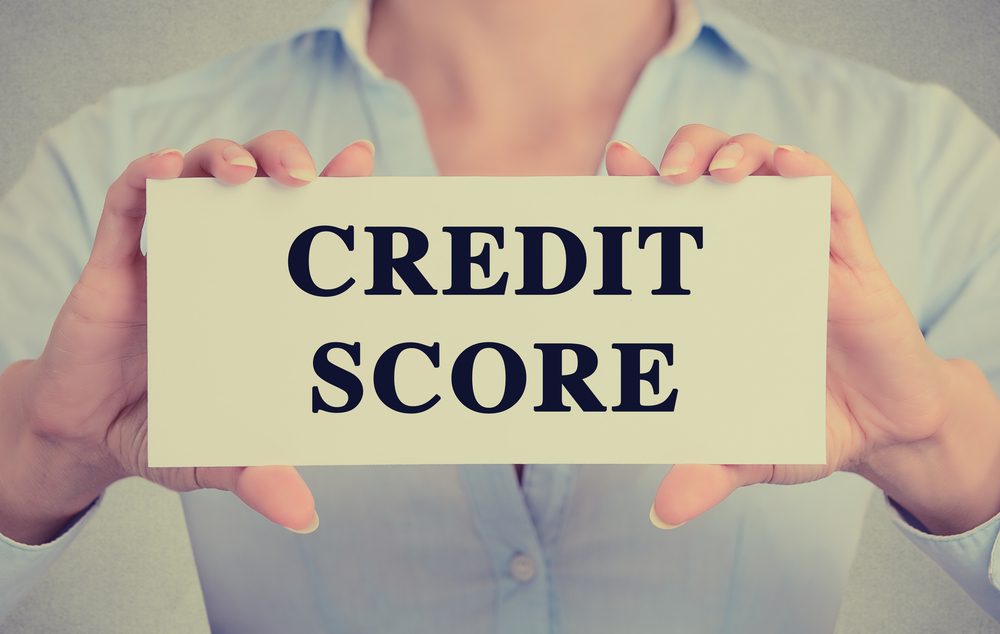The Impact of Fed Rates on Businesses
The recent Federal Reserve meeting occurred on May 6-7, 2025—the third meeting of the year—and the Fed kept the federal funds prime rate unchanged at...

When interest rates change, it is a significant event that receives lots of news coverage and grabs everyone's attention, especially on Main Street, USA. Rising interest rates can create economic uncertainty among small business owners and result in decreased spending and investing. Conversely, falling interest rates can boost small business confidence and be a key driver in spending and investing.
As a small business owner, you need to understand the role of interest rates, how they shape the economy's overall health and stability, and how they impact borrowing. That way, you can make informed financial decisions for your company when interest rates fluctuate. This blog article from Huddle Business Capital has the information you are looking for. It explains how interest rates impact small businesses.
Before we explain how interest rates can impact small businesses like yours, it would be helpful to provide an overview of what they are and how they work. Simply put, interest is how much you will pay to borrow money. As you know, interest rates are found on all types of lending products, including business loans, home mortgages, automobile loans, student loans, personal loans, and credit cards. Regarding credit cards, interest fees can be avoided when the balance is paid in full each month.
Interest rates for all lending products are influenced by the benchmark interest rate, also called the base interest rate. The United States Federal Reserve, our country's central bank, determines the benchmark interest rate based on many economic factors. These include inflation, loan borrowing data, economic growth, and employment. In addition to the Federal Reserve's benchmark rate, there is the prime interest rate, which banks set.
When the Federal Reserve raises interest rates, its main goal is to curtail inflation. An interest rate hike can have a detrimental impact on small businesses, affecting various aspects of their operations and profitability. One of the immediate effects is the increased borrowing costs. When interest rates rise, the cost of borrowing money through small business loans or business credit lines also increases. This can put a strain on businesses that rely on borrowed funds to finance their operations or expansion plans.
Moreover, higher interest rates can lead to reduced consumer spending. When borrowing becomes more expensive, consumers typically cut back on everyday spending and discretionary purchases and delay major expenses such as buying a new car or remodeling a home. This decrease in consumer spending can directly impact businesses and result in a dip in sales revenue.
In some cases, rising interest rates can help small businesses. For example, if your company has considerable surplus capital in the bank or cash investments, you can get a higher return than with lower interest rates.
When our country's economic growth is flat or showing a downward trend, the Federal Reserve may lower interest rates. Doing so can stimulate the economy and encourage borrowing and spending. For small business owners like you, lower interest rates can make accessing business funding easier and more affordable.
With reduced borrowing costs, you can access small business loans and other funding products with lower interest rates, enabling you to fund your operations, invest in new projects, boost your marketing budget, or expand your workforce. This increased liquidity can lead to business growth and open the door to new opportunities.
Lower interest rates typically result in improved consumer spending, which bodes well for the bottom line of businesses. That's because consumers have more disposable income and are more willing to buy products and services from local businesses.
While lower interest rates have historically fueled borrowing and spending, they can lead to too much growth in a short amount of time. If the Federal Reserve views the economy as growing too fast, it might raise interest rates. Doing so can help decrease consumer and business spending and help keep the economy in good standing.
If you need to borrow money to expand your small business, invest in new equipment, cover expenses, or improve cash flow, you will need to pay interest on the principal amount you borrow. Let us say you decide to apply for a working capital loan. In this case, the interest rate on your loan will be based on the lending company's criteria, such as your credit score, time in business, annual revenue, and length of the loan.
Your creditworthiness will impact the interest rate of your business loan or financing product. If you have good or excellent credit, you have a good chance of securing a lower interest rate, provided you meet the lender's other borrowing requirements. Conversely, if you have a less-than-perfect credit score, your borrowing options might be limited, and the interest rates will be higher for an approved loan.
When the Fed raises interest rates, banks increase the interest they charge on their business funding products. In addition, banks often have more stringent credit requirements when they raise rates, making it difficult for some small businesses to secure traditional forms of long-term and short-term financing. Working with a non-traditional business lender is worth considering when interest rates rise or if there is talk about a possible rate hike.
This Huddle Business Capital blog article is purely educational and contains general information and opinions; it is not intended to provide advice or recommendations of any kind.

The recent Federal Reserve meeting occurred on May 6-7, 2025—the third meeting of the year—and the Fed kept the federal funds prime rate unchanged at...

When the Federal Open Market Committee (FOMC) announces an interest rate cut, it indicates stability in the U.S. economy, positive employment...

Having a good business credit score is essential for several reasons. First, it can make it easier to secure capital with favorable terms. Next,...